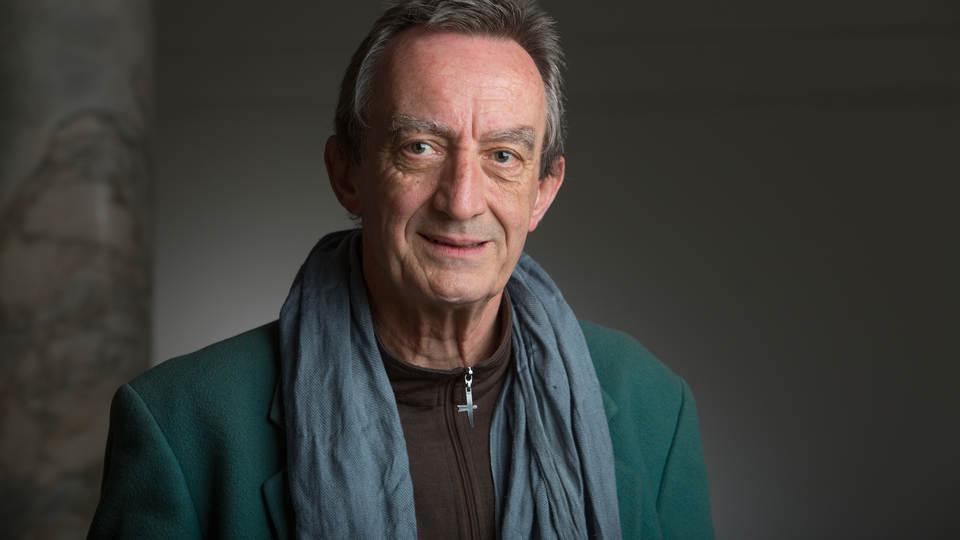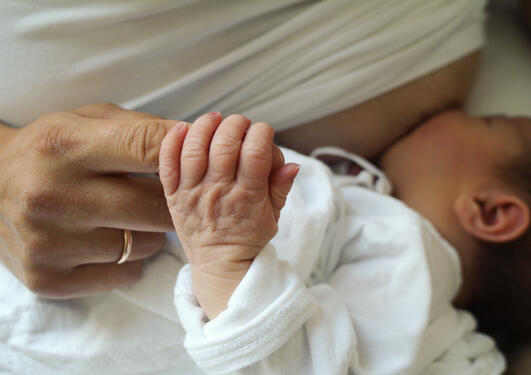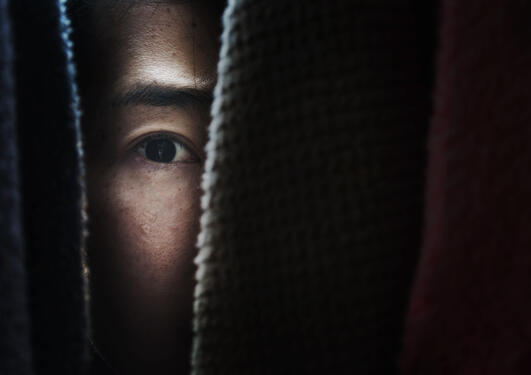Ecocritique
Struggles to balance the demands of feeding the world and maintaining its health while preserving its oceans and its cultural heritage make it clear that environmental ethics and struggles against gendered violence are not separate issues.

Hovedinnhold
Sean Cubitt
Professor, Goldsmiths, University of London; Professor II, University of Oslo; Honorary Professorial Fellow, University of Melbourne
25 years ago Val Plumwood argued that our increasing economic, political and environmental degradation of the planet is the root of all human inequality and injustice. Plumwood’s eco-feminism connects our enquiries into these areas through her proposal that separating human from natural is the root of the division between male and female, colonist and colonised, rich and poor, even between the unhealthy, whose medicalisation we see as making them closer to nature, and the healthy, who need not think about their connection to their bodies or their environments.
In the 21st century, our instruments for knowing, owning and administering the world, its past and its future, have changed significantly, but Plumwood’s insights still inspire new engagements. This talk also recalls Walter Benjamin’s observation of cultural heritage, that every document of civilisation is simultaneously a document of barbarism. From the ecological perspective, every medical treatment, every plate of food, and every cultural monument is evidence of materials and energy torn from the world.
The paper takes contemporary ideas about ecologies and political philosophy and uses them to discuss how Plumwood’s concepts drive us towards new understandings of how key media, including scientific instruments, relational databases and information processing in social, broadcast and experimental media shape exploitation and inequality, constrain how we see our problems but even now make possible new solutions.
Sean Cubitt is Professor of Film and Television at Goldsmiths, University of London. His publications include The Cinema Effect, Ecomedia, The Practice of Light: Genealogies of Visual Media and Finite Media: Environmental Implications of Digital Technology. Series editor for Leonardo Books at MIT Press, his current research is on political aesthetics, media technologies, media art history and ecocriticism.







